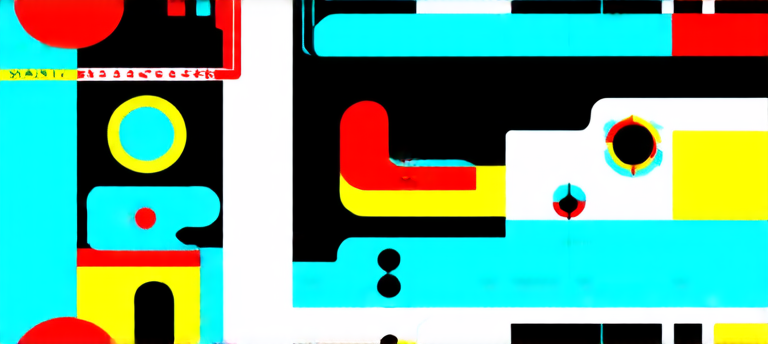Choosing a Name: The Art of 取名 in Chinese Culture

Choosing a Name: The Art of 取名 in Chinese Culture
GGGGOODS“This article explores the cultural significance of 取名 (qǔ míng) in Chinese tradition, highlighting the importance of selecting names carefully to influence destiny and identity. Names are chosen based on the meanings of individual characters and their combined significance, reflecting values and aspirations. The art of naming reflects cultural heritage and diversity, shaping personal identity and beliefs.”
“In Chinese culture, the process of 取名 (qǔ míng), or naming, holds significant importance and symbolism. Naming a person or thing is believed to have a profound influence on their destiny and characteristics. Parents often seek guidance from fortune tellers or consult traditional texts when naming their children, aiming to select a name that will bring good fortune and positive attributes. Names are chosen carefully based on the meanings of individual characters and their combined significance. Each character can carry specific connotations related to virtues, qualities, aspirations, or blessings. The order and pronunciation of characters in a name also play a crucial role in shaping its overall meaning and auspiciousness. Additionally, names are seen as a form of self-expression and identity, reflecting cultural heritage, values, and aspirations. Across different regions and dialects in China, naming practices may vary, showcasing the rich diversity and creativity in selecting names. Despite modern influences and trends, the art of naming continues to be a cherished tradition deeply rooted in Chinese society.”
“Choosing a name in Chinese culture is not merely a casual task but a profound process that reflects beliefs, values, and hopes. The intricate meanings and symbolism behind each character selected for a name contribute to shaping an individual’s destiny and identity. As a timeless tradition, the art of naming continues to be a significant aspect of Chinese culture, showcasing the richness and depth of cultural practices passed down through generations.”












